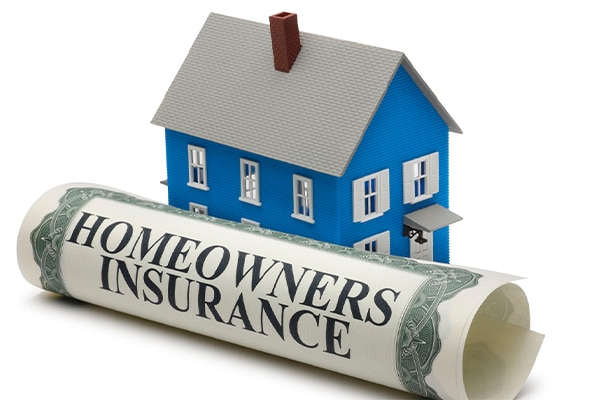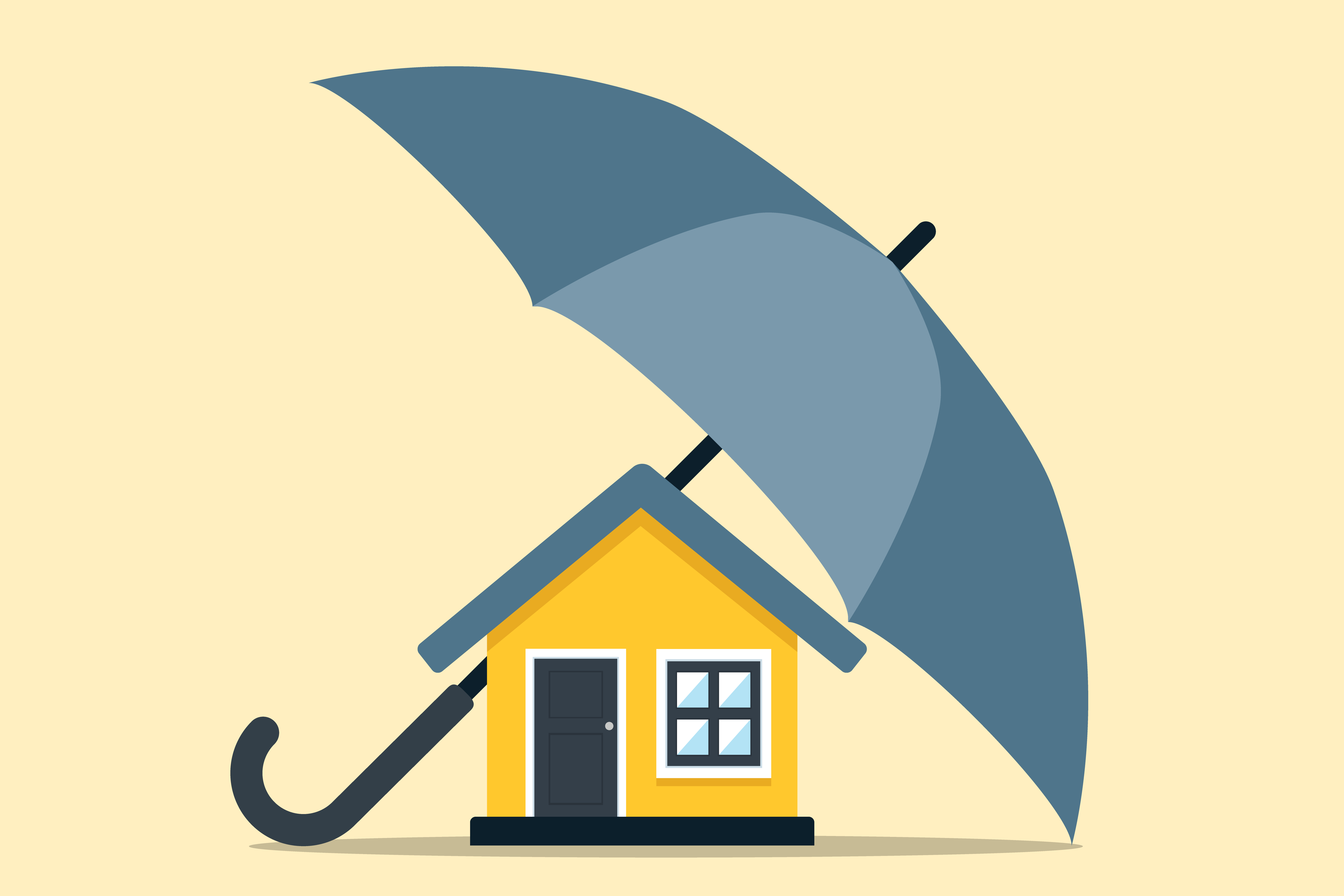Homeowners insurance protects your home and belongings from unexpected events. It’s essential for every homeowner to understand its importance.
Imagine waking up to find your home damaged by a storm. Or discovering a theft that left you with significant losses. Homeowners insurance steps in during such stressful times, providing financial relief and support. Beyond protection from natural disasters and theft, it also covers liability if someone gets injured on your property.
This insurance ensures peace of mind, knowing you are prepared for the unexpected. But how do you choose the right policy? And what exactly does it cover? Let's dive into the essentials of homeowners insurance and help you make an informed decision.

Credit: www.emcsecurity.com
Importance Of Homeowners Insurance
Homeowners insurance protects your home from damage. It covers repairs from storms, fire, and theft. Without it, fixing damages can cost a lot. Insurance helps you save money. Your home is a big investment. Protect it with insurance.
Insurance gives you peace of mind. You can relax knowing your home is covered. If something bad happens, you are not alone. The insurance company will help. You can sleep better at night. Your family is safer with homeowners insurance.
Types Of Coverage
Dwelling coverage protects your home. It covers the structure of the house. This includes walls, roof, and floors. It helps if damage happens from fire, storms, or other issues. This coverage does not include the land around your home.
Personal property coverage protects your belongings. This includes furniture, clothes, and electronics. If these items are stolen or damaged, this coverage helps. It is important to list valuable items. You may need extra coverage for expensive things.
Liability coverage protects you if someone gets hurt on your property. It also covers damage you cause to others' property. This includes medical bills and legal fees. This coverage gives peace of mind. It helps you if unexpected accidents happen.
Choosing The Right Policy
Start by listing your home's value and other assets. Think about natural disasters in your area. Consider the age of your home. Look at what you own inside your home. Personal items like electronics, furniture, and jewelry matter. Estimate repair costs for your home. This helps you know how much coverage you need.
Collect quotes from at least three different companies. Check what each policy covers. Read the fine print. Look for exclusions. Check the deductible amounts. Higher deductibles mean lower premiums. Compare the annual cost of each policy. Look for discounts. Some companies offer bundling discounts. Ask about customer service ratings. Good service matters when you file a claim.

Credit: graystoneig.com
Factors Affecting Premiums
The location of your home matters a lot. Homes in areas prone to natural disasters cost more to insure. Crime rates in your area also affect your premium. A home in a safe neighborhood often has a lower premium.
A higher deductible usually means a lower premium. The deductible is the amount you pay before the insurance covers the rest. Think carefully about how much you can afford to pay out of pocket.
Having a security system can lower your premium. Alarms, cameras, and locks make your home safer. Insurance companies like this and may offer you a discount.
Understanding Policy Limits
Policy limits, or coverage caps, set the maximum amount your insurer will pay. If a claim exceeds this limit, you must pay the rest. Higher limits offer more protection but cost more. Always review your policy limits to ensure you have enough coverage.
Insurance policies often have exclusions. These are situations or events not covered by your policy. Common exclusions include natural disasters like floods and earthquakes. Knowing these exclusions helps you understand what your policy covers. You can buy additional coverage for these excluded events.

Credit: www.primeres.com
Claims Process
First, call your insurance company. Tell them about the damage. They will give you a claim number. Next, document the damage. Take photos and videos. This will help in proving your claim.
Keep all receipts for repairs. These will be needed later. Write down everything related to the damage. This includes dates and times. It helps to keep things organized.
Gather the following documents:
Policy Number
Photos and Videos of the damage
Receipts for repairs
Written Estimates from contractors
Proof of Ownership for damaged items
Tips For Saving Money
Bundling policies can save you money. Combine home and auto insurance. Insurance companies give discounts for bundles. You get a single bill and save more. It simplifies your payments.
Increasing deductibles lowers your monthly premium. A deductible is what you pay before insurance helps. Higher deductibles mean lower monthly costs. Ensure you have savings for emergencies. Choose a deductible you can afford.
Common Mistakes To Avoid
Many people do not buy enough insurance. This can be a big mistake. If a disaster happens, you may not have enough money to rebuild. Always check the value of your home. Make sure your policy covers that amount. Speak with your insurance agent. Ensure you understand what is covered.
Insurance policies change over time. New rules may apply. Your needs may also change. Review your policy every year. Update your coverage if needed. This keeps you protected. Always know what your policy covers.
Frequently Asked Questions
What Does Homeowners Insurance Cover?
Homeowners insurance typically covers damage to your home and belongings. It also provides liability protection. It helps in case of theft, fire, or natural disasters.
How Much Does Homeowners Insurance Cost?
Homeowners insurance cost varies based on location, home value, and coverage. On average, it ranges from $300 to $1,000 annually.
Is Homeowners Insurance Mandatory?
Homeowners insurance is not legally required, but mortgage lenders often mandate it. It protects your investment and provides peace of mind.
Can Homeowners Insurance Be Bundled?
Yes, homeowners insurance can often be bundled with other policies like auto insurance. Bundling can save you money on premiums.
Conclusion
Protecting your home with insurance is essential. It offers peace of mind. Unexpected events can happen anytime. Having the right coverage helps. It ensures financial security. Review your policy regularly. Make sure it meets your needs. Talk to an insurance agent.
They can provide valuable advice. Remember, a well-protected home is a happy home. Stay informed and stay secure. Your home deserves the best care.
.png)






0 Comments